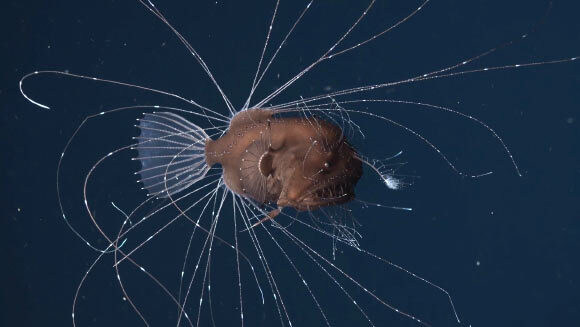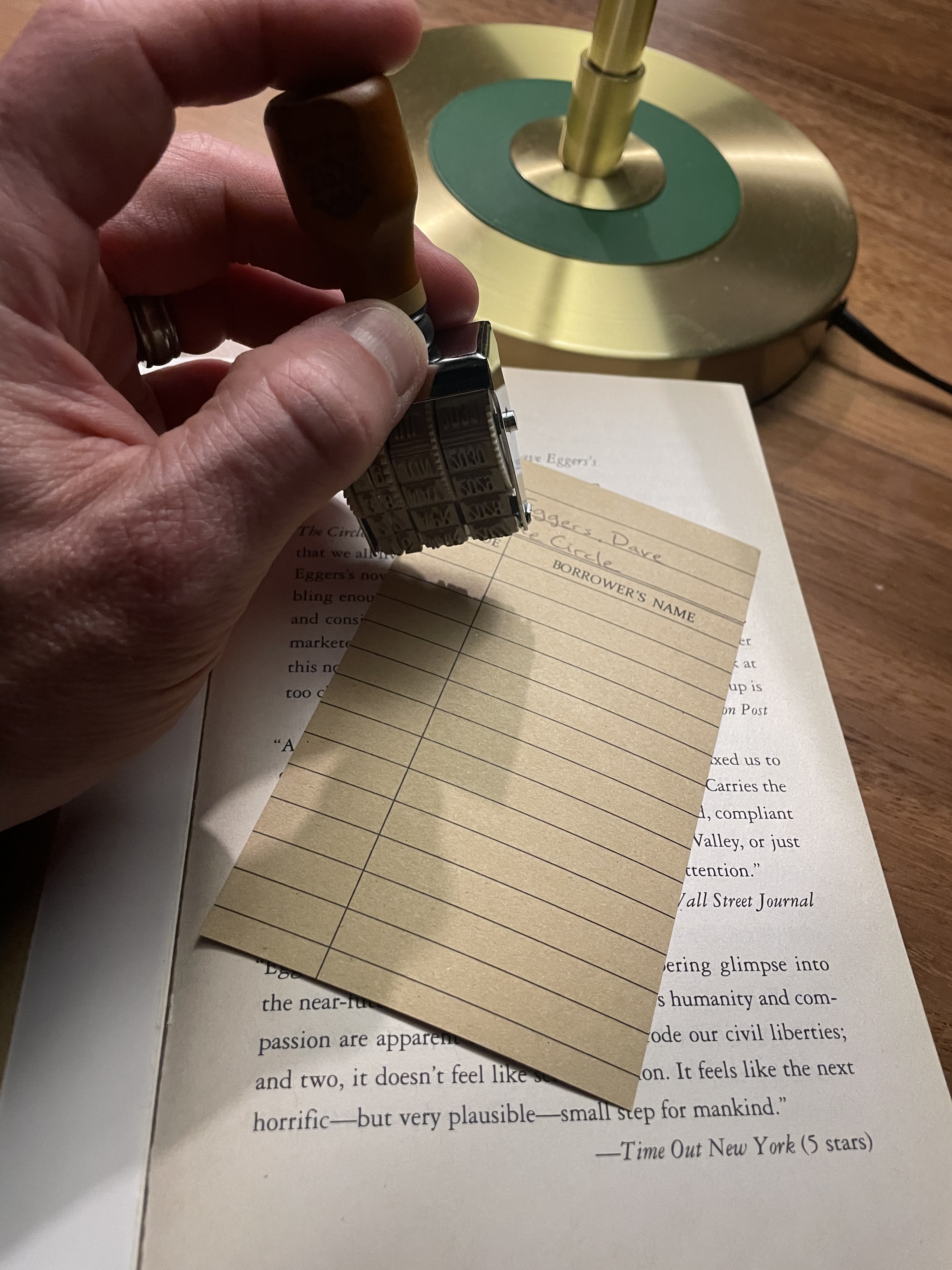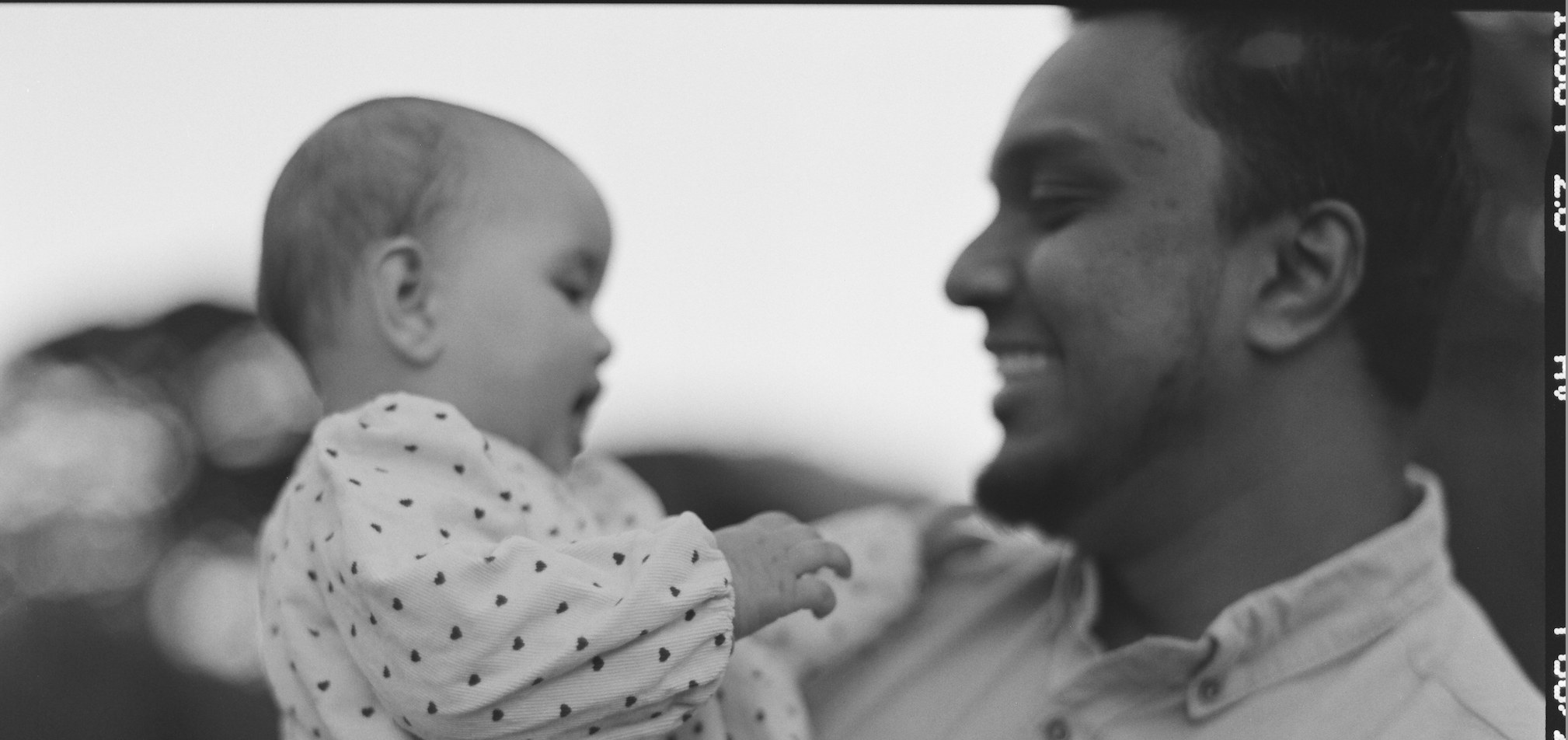On Writing, Anglerfish, and Letting Imagination Lead

A friend once asked me how I know when I’m finished with a poem. I responded, “When I don’t hate it anymore.” I was half joking, half telling the truth.
As with many creative pursuits, writing is a journey without a prescribed or definitive end. It takes discipline, and often trial and error, to determine when to stop tinkering with a piece. Sometimes the best thing to do is to simply stop, rather than looking for yet another thing to improve.
One thing I appreciate about this somewhat fluid process is that it allows for unexpected results that fall beyond the original scope of imagination. In other words, the imagination is broadened when the writer is flexible to the needs of the piece.
Let me give two examples:
Once, I wanted to write a poem about the reproductive process of anglerfish. It was one of those hauntingly fascinating encounters—I was horrified by what I was learning but couldn’t look away (in short, the smaller male latches onto the female and fuses to her body forever). I set out to subvert these rather grotesque details by spinning them into a love poem. However, as I wrote I felt that the poem wanted a weightier tone (not at all suggesting that love poems cannot be weighty, just that my original draft was not).
Looking at what I already had—darkness, light, water, companionship, reproduction-as-creation—it dawned on me that many of these elements were also present in the story of Genesis. This layering brought the poem to its final iteration, which strayed from my initial imagination but was all the better for it.
Another way to exercise the imagination in poetry is through meter and form. Meter has to do with the specific pattern of accented and unaccented syllables in a line (English is an accentual-syllabic language), while poetic forms have defined parameters such as meter, rhyme, and repetition. For example, a sonnet is a poetic form that uses meter (iambic pentameter) and a rhyme scheme.
I know what you’re thinking—how could something with so many rules possibly lend itself to imagination?
I see it like this: all the different parameters put on a poem force the writer to craft their piece a little differently than usual. The writer is challenged to meet those specifications, to use words that they wouldn’t have thought of in order to adhere to a rhyme scheme or metrical pattern.
Admittedly, form and meter can feel more like a squeezing than an opening. However, even this notion reflects a narrow view of what imagination is and how one can get there. Let us consider this “squeezing” another useful lever to consider when seeking to broaden one’s imagination.
Of course, imagination is not just limited to writing. Whether in creative pursuits, faith, career aspirations, community building, or problem solving, leaving room for the imagination—rather than trying to map everything out exactly—may lead to something greater than you would’ve expected.
That’s certainly the case for Tillage. When Tillage was still just an idea, ripe with the possibilities of what could be, the concept of Tillage kept expanding and moving along an unforeseen path. And the constraints placed on Tillage—small, neighborhood-focused, only in San Francisco, no private desks or offices, aesthetically beautiful—have worked to focus and hone our efforts and create something meaningful for an intentionally smaller number of people rather than something with broad appeal.
Writers (and non-writers), welcome to Tillage—please say hello!—where imagination is a founding principle.
I’ll sign off with a poem (first published in Pembroke Magazine):
Anglerfish
In the beginning
the earth was
water-dark formless
god said let there be light
and a little orb
cast its soft glow
god saw that it was good
the next day
he created her
rounded body
crescent mouth
attached the light
to her ugly head
admired his creation
floating alone
saw that it was not good
so god created a partner
who would scour the abyss
till he found her
immense forbidding luminous
sinking razor teeth
into softness near her rib
becoming one flesh
skin melting into skin
sacrificing eyes fins organs
no longer needing
sight or sustenance
and he knew her
wholly
his body a nub
of underbelly
pulsing hotly
with her blood
for as long as they shall live
Ashley Sojin Kim is Tillage’s Marketing Coordinator and a poet. Her poems appear or are forthcoming in 32 Poems, Literary Matters, Gulf Coast, Raleigh Review, and elsewhere. She has received a Pushcart Prize nomination and support from Kundiman, the Napa Valley Writers’ Conference, and Kearny Street Workshop. You can find her at ashleysojin.com.


